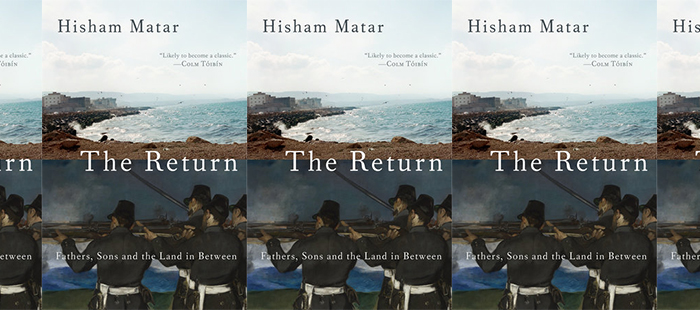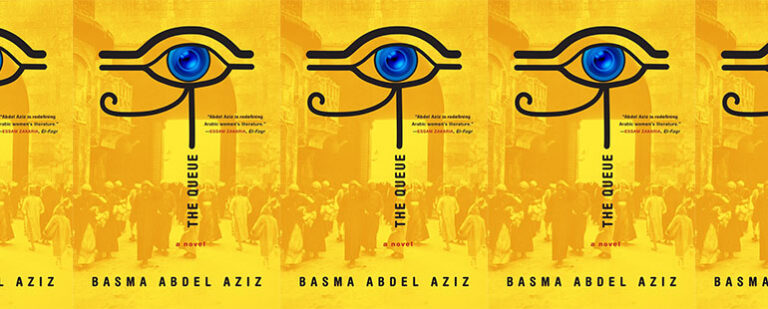Review: THE RETURN: FATHERS, SONS AND THE LAND IN BETWEEN by Hisham Matar

The Return
Hisham Matar
Random House, July 2016
256 pp; $26
Buy: hardcover | eBook
Reviewed by Matthew Snider
The Return restores autonomy to a country which has been largely divorced from its people for many American readers. Especially in the context of recent political mudslinging, Libya has become a country about which we debate the justifiability of our intervention, our decision-making, and the blame for which we assign to our politicians. Hisham Matar, the son of a political dissident who was disappeared by the Qaddafi regime in the 1990s, reminds us that his homeland is not an American periphery, but a Libyan center for millions of people now and for generations. And Matar is one of those people who makes a return to Libya, not looking for answers for how and why the events of 2011 happened but of what became of the Libya he knew. Through the detritus of the Qaddafi regime’s collapse, Matar digs with a singular purpose: to return to his homeland and find any answers to the ultimate fate of his father.
Matar’s memoir is heartbreaking, not solely for what he has personally endured and lost but for the way in which he makes it reflect the travails of human life. His memoir—although interwoven with a narrative far beyond the experience of most of us—stems from the same powerful well of human experience, longing, and suffering that produced masterpieces like One Hundred Years of Solitude. Like Marquez’s novel, The Return is a memoir of human struggle and longing for place and for the ways in which family and country parallel and conflict with one another.
The Return is an epic story of war and identity, of generations of the Matar family and their sacrifices for a land they love. It’s shorter both as a book and in the span of time it covers than Marquez’s One Hundred Years, but in its emotional weight and its transformative quality, it’s just as powerful. Eventually, when he discovers short stories his father wrote as a young student, the story even wanders in a magical timelessness just as One Hundred Years does, when Matar indulges in a timeless daydream where the fortysomething year-old author advises his 18 year-old father on how to become a writer.
There’s no certainty in a book like The Return. Of course, Matar’s father is dead; there can be no other conclusion. But for both Matar and the reader, Jaballa Matar is both alive and dead—he is as much narrator of the book as his son and yet undeniably the author’s quest to find answers is a quest that can only ever be left unfinished because the things he really wants to know can only really be answered by his father. But the other transformations within himself that Matar gives us access to show a different kind of completion. Near the end of the book, Matar writes of his early response to his father’s disappearance, “…because I was young, and hatred and anger are a young man’s emotions, I tricked myself into thinking the transformation was good, that it was akin to progress.”
Matar’s search for answers is delivered in small bits and pieces, scraps of news and non-news, the learning of something new and its unexpected reversal, which must have been how it progressed and how it felt for Matar as it happened. There are few books that can pierce through the darkest places of mankind to find a story of more weight, encouragement, and importance than Hisham Matar’s The Return. Matar is more than a masterful writer, he’s a devoted son whose intimate dedication to his father—to finding out what exactly happened to him—will transform you.
Matthew Snider reviews books for PopMatters, and writes on culture, literature, and politics from Maryland. He can be found on Twitter @matthewsnider.


